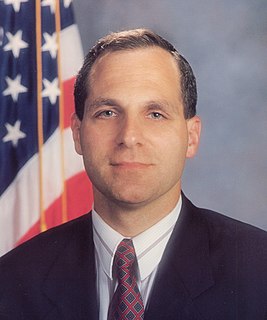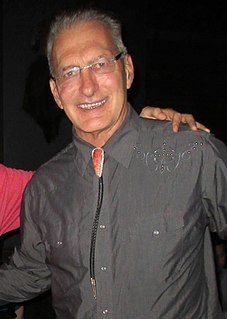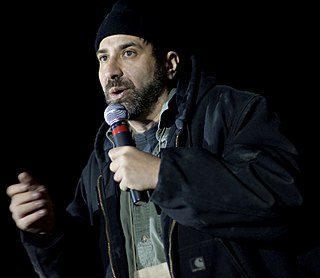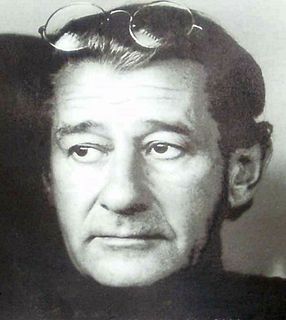A Quote by Mary Ellen Mark
When I started out, it was considered very wrong to change an image. There were scandals if someone inserted a sky into a war picture or something. Now it's all about that.
Related Quotes
If I see any sort of injustice, I can fight like a dog. I'm not frightened to be outspoken and I can get very angry. I think expressing anger is not something that's considered very feminine... or British! If I saw someone slandered in the press... libel is something I really loathe. So, I probably would speak out about that, whether it was about myself or someone else.
I always remind people why The Oscars got started in 1928: It was an effort by the studios to suppress the unions. They started the Academy because all the screenwriters and directors and actors were unionizing, and they thought, "We'll have something that resembles a union, but that's completely controlled by the moneyed interests in Hollywood." That's what it's been all these years. It's something that reinforces Hollywood's image of itself. The Best Picture one year was Gandhi. Nobody watched Gandhi, but that's the kind of picture that always wins.
I don't think the war is going to end, but the war is just going to change. So we talk about change all the time, well that's what's going to change. You know, we tried having an idiot try and justify the war and give us these rationales and now we're going to have a very articulate and capable black man say it.
I hang out with my dad mostly, my dad was in the military. He's at that age now where his war stories and other stories have blended together, so now you don't know what he's talking about. One time, we were surrounded, then we ran out of ammo, then we were fighting hand-to-hand, then we started dancing, and that's how I met your mother.
I think a very good movie director makes films to entertain people, but not to be considered like they were Cervantes, you know? One of the biggest problems now, with all the festivals and everything, is a confusion between the quality and the beauty and the highness of things. A film is a film. It's something to entertain you a couple hours. Not to be considered as if it were Shakespeare.
To be very fair, it was Ian Marsh and Martyn Ware who started The Human League. They brought Philip Oakey in to sing, primarily because Philip was very tall. So it started out as their vision. I don't think anyone ever thought it would be as big as it became. Music evolves and people were looking for something different. We came out at the right time and were just very lucky.
It was Harry Patch, who was the last living World War I veteran; and by veteran I mean someone who actually fought in the war, he didn't just happen to be in the army at that time, in the Great War. And when the Iraq War started, he was interviewed, and they said, well what do you think of this? And he said, in a very sad voice, "Well, that's why my mates died. We thought we were going to end all that sort of thing."
When you think of the blur of all the brands that are out there, the ones you believe in and the ones you remember, like Chanel and Armani, are the ones that stand for something. Fashion is about establishing an image that consumers can adapt to their own individuality. And it's an image that can change, that can evolve. It doesn't reinvent itself every two years.




































